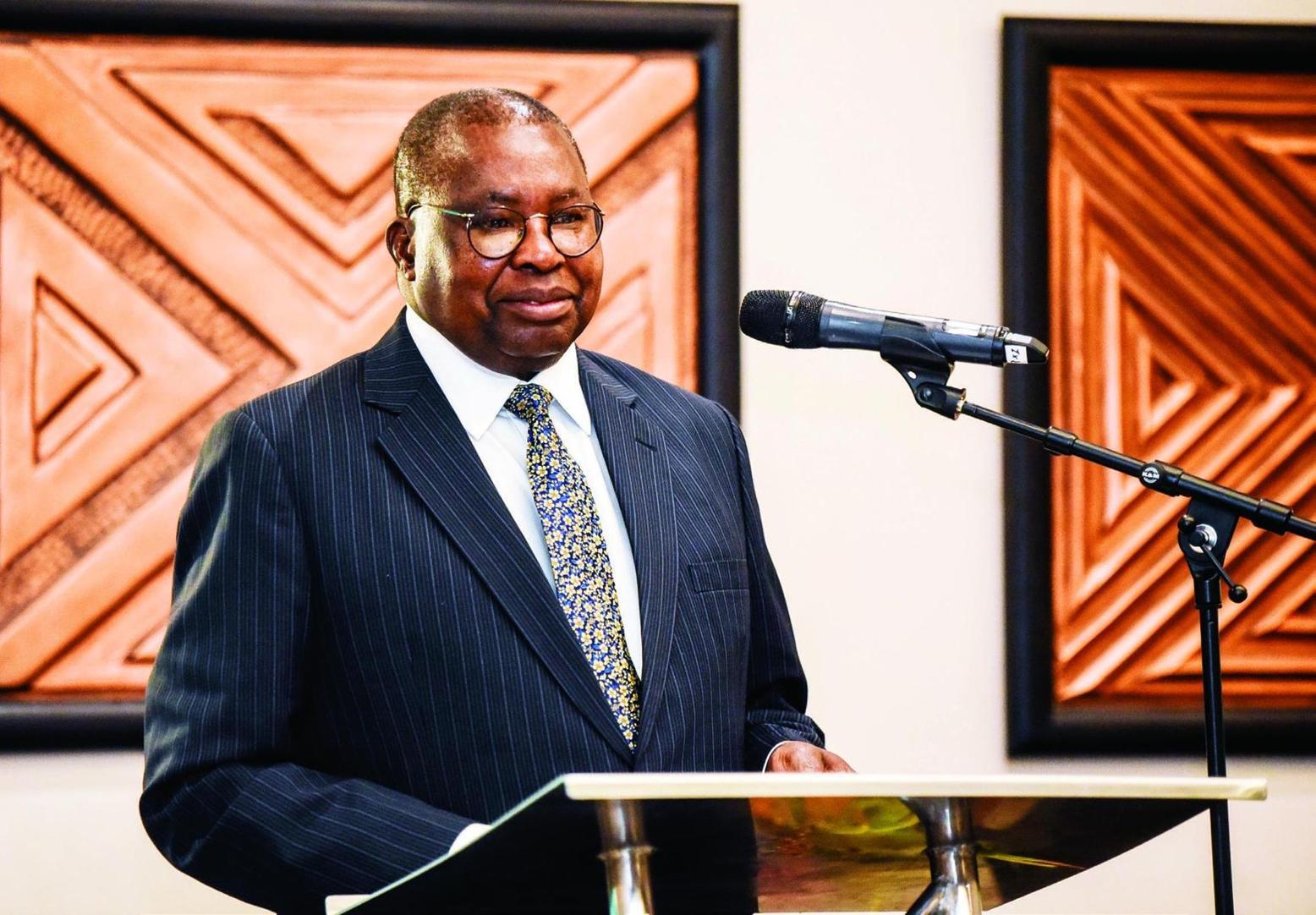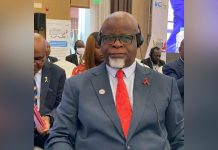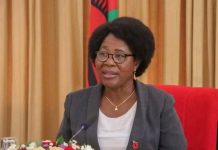Africa-Press – Malawi. Last week, Micro, Small, and medium-sized enterprises (MSMEs) from across Africa gathered in Windhoek, Namibia for the third Annual MSMEs Forum. Themed ‘Fostering Financial Empowerment and Educational Innovation for African Startups and MSMEs’, the forum was structured to foster financial empowerment and innovation. It is designed for MSMEs to engage with experts, peers, and tackle the challenges facing small businesses at large, and accelerate their growth. Journalist WILLIAM KUMWEMBE engages AU Commissioner for Economic Development, Trade, Tourism, Industry and Minerals Albert Muchanga on the essence of the gathering.
Firstly, what is your impression of the forums?
I am very happy for the reception we got from the Government of Namibia, the organisers and the event managers, the financial supporters; they all did a very good work to put all this together. Then, about 350 participants; very good and then we had very impressive exhibitions and insightful pitches. It has been a very eventful and productive engagement.
Speaking to most small scale business operators, the impression we get is that despite having capacity for growth, there are many bottlenecks, including lack of access to finance. What are you doing about it?
There are a lot of activities which we need to undertake to ensure that we create a very conducive environment for operations of the small and medium enterprises. One of them is capacity building; there are some people who have the passion to be entrepreneurs but they do not know what it takes to be entrepreneurs. They have no idea about the importance of keeping books of accounts, the importance of making monthly tax returns if you are not tax-exempt, the importance of ensuring that you subscribe to the labour regulations if you are employing people. So, capacity building in that direction is very important. Now, there are also areas where governments need to assist; this is access to finance. In quite a number of cases, our entrepreneurs find it very difficult to access finance because it is very costly. Some times as high as 27 percent or 30 percent. So, we are advocating to governments to really come up with mechanisms to facilitate access to low-interest finance, even zero-interest finance if they can afford it. That way they would be able to overcome the problems. Then there is also the issue of the need to ensure that small and medium enterprises build networks because sometimes the market is very large. On their own, they cannot really be able to meet the demand that is in that market. So, when they aggregate the cluster with similar enterprises, then in a collaborative spirit, they will be able to grow together. And also, patenting; a number of entrepreneurs complain that they cannot go to the patent’s office because it is very costly. So, the government and the SMEs need to sit together and see to it that they ensure that they make it very possible for SMEs that are very innovative have their ideas patented. Because if you patent your idea, it is a source of value for the future; you can use it to get access to finance. So, there is a lot of room for improvement, all these things came out in the deliberation. We will take them up to the government, financiers and the entrepreneurs themselves.
What is the impact of the forum?
We had a number of events; exhibitions, workshops, networking and so forth. There was an exchange of information. There was peer learning, and everybody is going with some insights on how to develop their businesses.
What role would public-private engagement play in shaping the future of MSMEs in Africa?
That is why I have brought in the issue of regular workshops and seminars so that they come up with a mechanism of transferring information from the policy makers, to the users. So, it is the task of the government and other entities to have regular seminars and workshops to bring information to the attention of the market players.
Are SMEs ready to make the most of the African Continental Free Trade Area (AfCFTA)?
Well, it is not just the SMEs. In quite a number of my statements I have challenged the business sector across Africa. I have told them that we brought the African Continental Free Trade Area into existence. It is a market of about 1.4 billion people and it is growing. So, we are waiting for them to show us how they would use it.
How could authorities come in to help address the challenges that small scale businesses, specifically women entrepreneurs face?
This is where it comes to capacity building. The challenge for the secretariat of the African Continental Free Trade Area is that now we have a regime on rules of origin, so, there is a need now to really disseminate the information as wide as possible to the users.
For More News And Analysis About Malawi Follow Africa-Press






